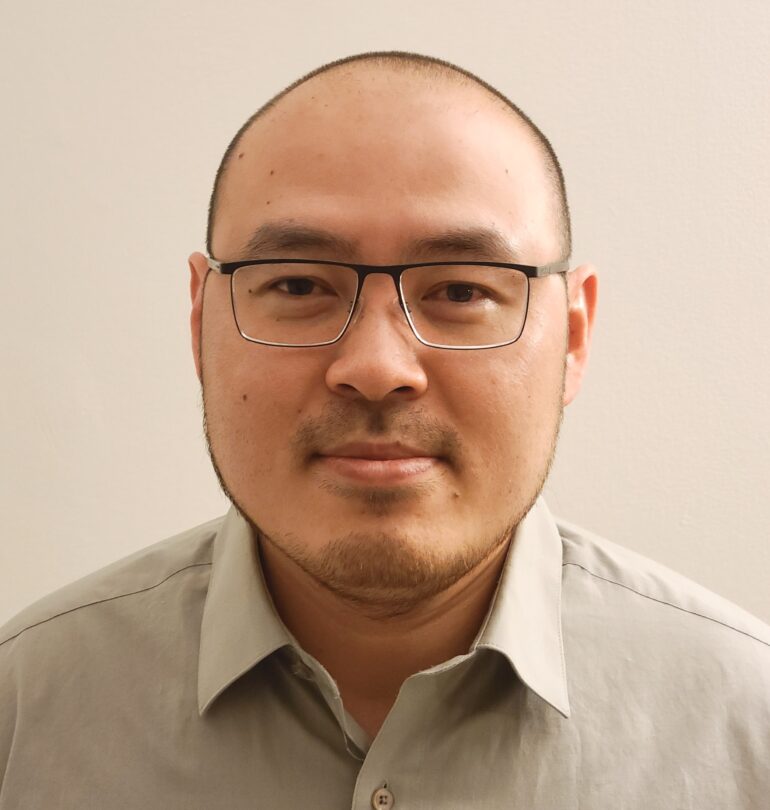Dr. Aereas Aung has recently joined the Institute of Biomedical Engineering at the University of Toronto as an Assistant Professor.
Graduating with a degree in bioengineering from University of California, San Diego, Dr. Aung pursued his PhD in Professor Shyni Varghese’s lab in 2016. He developed tools to study the progression of cancer in the human body. These findings have the potential to improve the screening of cancer drugs, leading to better treatment options for patients.
Dr. Aung continued his research as a postdoctoral fellow in Professor Darrell J. Irvine’s lab at the Massachusetts Institute of Technology. His research focused on studying vaccines and how they affect the immune system. This discovery shed light on how the immune system responds to vaccines and can potentially lead to improved vaccine strategies against AIDS and other infectious diseases.
Since 2011, Dr. Aung had published 17 peer-reviewed research papers in notable journals such as Science, Advanced Functional Materials, and Cell Reports.
“Dr. Aung’s expertise in vaccine development and cancer treatment is a significant asset to our Institute, and we are confident that his knowledge, skills, and experience will enrich our academic community and enhance our ongoing efforts in advancing healthcare technologies.” Said Professor Warren Chan, Director of the Institute of Biomedical Engineering at the University of Toronto. His lab will be in the Roseburgh building.
What will be the goal of your research group in BME at the University of Toronto?
The goal of my program is to first identify immunological problems that have significant translational value then develop molecular and engineering approaches to investigate and uncover the underlying mechanisms. Thereafter, we will seek to develop effective therapeutics based on our findings.
What is a current research challenge that you are interested in tackling in the next 10 – 20 years?
There are a few that I am interested in across vaccines for infectious diseases and cancer immunotherapies. But one main objective is to have a much better understanding of the competition that occurs amongst B cells responding to a vaccine. This will ultimately determine the antibodies that will be generated in the body thus deciphering this competition will have tremendous implications in the field of vaccine research.
What is your teaching philosophy?
With BME being such an interdisciplinary field, I am a strong believer in knowing the fundamentals quite well. With solid foundations, it is much easier to cope with applied concepts across several disciplines.
How would you describe yourself outside of research?
Full time dad, small time milk tea connoisseur.


